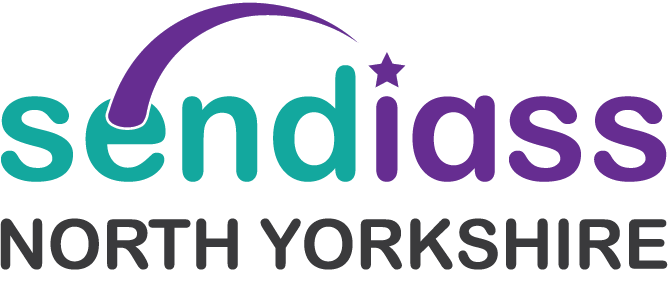SEN Support in the early years
Chapter five of the SEN and Disability Code of Practice 2015 (the “Code”) deals with SEN in the early years. It applies to all children in early years settings whether or not they have an EHC plan. It emphasises the legal requirement upon early years’ providers to have arrangements in place to identify and support children with SEN and disabilities. This could be done through the universal progress checks at age two or five, or at any other time. The Code identifies four broad areas of need:
- Communication and interaction;
- Cognition and learning;
- Social, emotional and mental health;
- Sensory and/or physical needs.
Special educational provision given to children is called SEN Support. The Code recommends a graduated approach which has four stages of action: Assess; Plan; Do; Review.
Early years settings are advised to involve specialists “where a child continues to make less than expected progress, despite evidence-based support and interventions that are matched to the child’s area of need”. The decision to involve specialists should be taken with the child’s parents (paragraph 5.48 of the Code).
Records about their children must be available to parents and they must include information about how the setting supports children with SEN and disabilities.
SEN Support
Nurseries and schools should identify and support children with SEN and/or disabilities.
The nursery should record what SEN they have identified a child as having, what outcomes they expect the child to achieve, and what provision is being put in place to reach those outcomes. This should be written down in a SEN Support record.
One of the key duties is for the nursery or school to use their ‘best endeavours’ to support with SEN. (This duty applies to mainstream settings and alternative provision settings.) This means doing everything that could reasonably be expected of them.
Where a mainstream nursery or school cannot meet a child or young person’s needs, they should request an EHC needs assessment. This might be because they don’t have the expertise or funding to identify those needs fully or to identify the provision or support the child requires. Alternatively, it might be because they know what the child’s needs are, but they cannot make the necessary provision from their own resources. If the school can show that the child has or may have SEN, and that they may need support through an EHC plan (because the school cannot provide the support they need), the local authority (“LA”) must agree to carry out an EHC needs assessment. (Parents can also request an EHC needs assessment themselves if they want to.) This may lead to the child or young person being given an EHC plan. (See section on Education Health and Care plans)
You can find out about SEND early years help in North Yorkshire HERE
For further useful information, please click below:
Early Years Guide to the SEND Code of Practice
